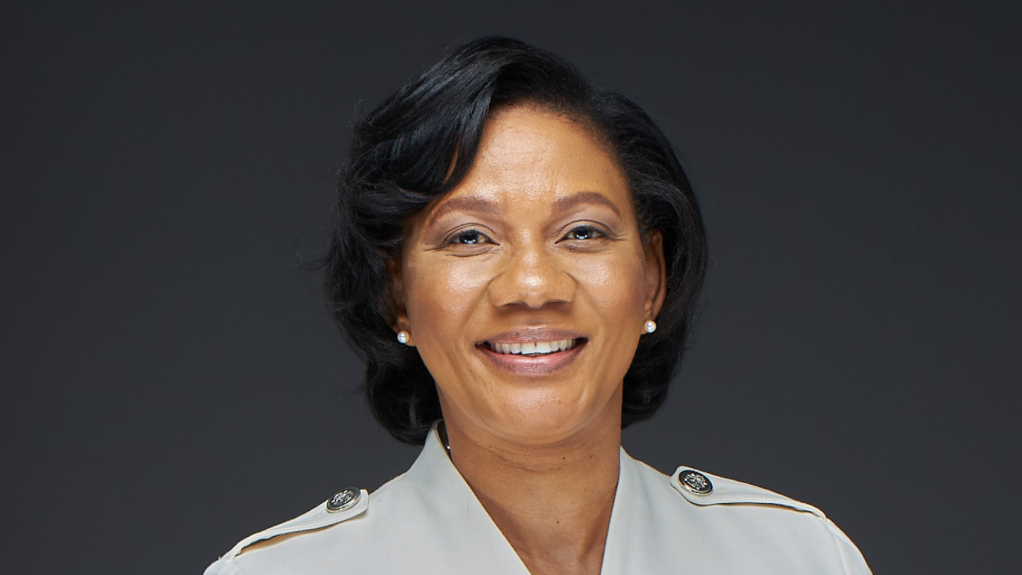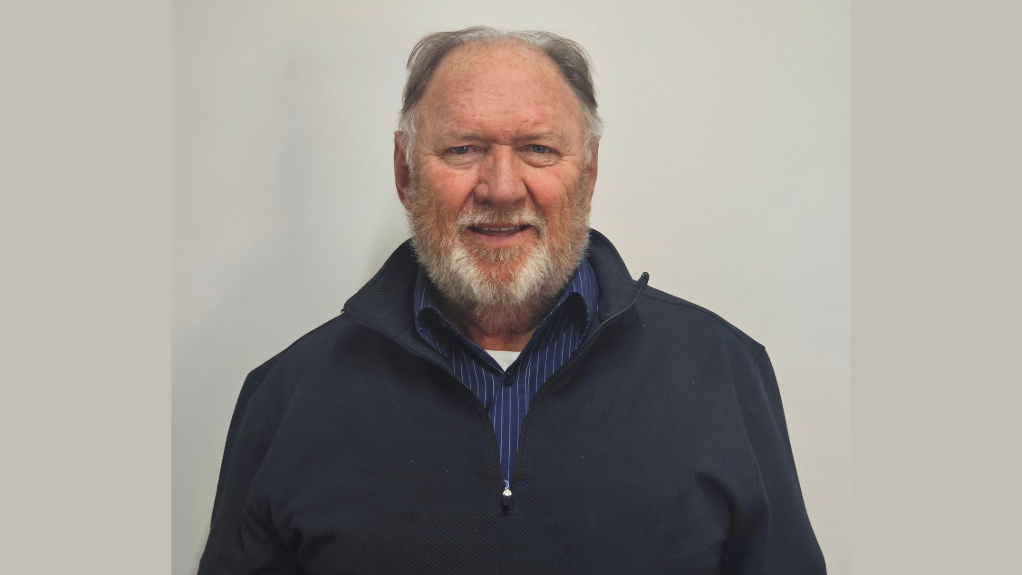South Africa-based Valhalla Capital Partners has entered into a joint venture (JV) with Finnish wastewater treatment technology company EPSE Oy to introduce innovative water treatment solutions across Africa.
By leveraging EPSE’s patented water treatment technology and local partnerships, the JV, set to have started operations on October 1, aims to address the continent’s pressing water challenges while fostering economic development and environmental sustainability.
The agreement was signed by Valhalla Capital Partners CEO Lesibana Fosu and EPSE Oy CEO Jouni Jääskeläinen last month.
The JV also includes Johannesburg-based water treatment company Prosep and US-based mining consultancy Titan Resources.
Together, these entities aim to address the continent’s growing need for sustainable water management solutions amid mounting environmental and industrial pressures.
EPSE’s technology focuses on removing heavy metals from wastewater, producing recyclable water and an environment-friendly precipitate. This innovation is particularly relevant for Africa, where industries generate large amounts of metal-containing wastewater.
“EPSE’s technology removes metals from wastewater and, when the clean water is separated from multi-metal sludge, the water is reusable,” Jääskeläinen explains, adding that the method is more efficient than existing processes, leading to higher quality recycled water with minimal concentrations of dissolved metals.
This JV will also allow African industries to recycle water more efficiently and sustainably, says EPSE Oy environment, health and safety manager Anni Honkonen.
She emphasises that the technology is well-suited to Africa’s mining and industrial sectors, where wastewater treatment is often a critical challenge, owing to water scarcity and contamination from heavy metals.
Additionally, one of the JV’s key objectives is to provide localised water treatment solutions by training local workers and collaborating with existing African agencies.
EPSE wants to transfer technological know-how as quickly as possible to ensure that large-scale water use in Africa is “successful, clean and environmentally sound”. This approach will allow the JV to scale its operations across Africa, contributing to local job creation.
The partnership also seeks to address the specific water challenges faced by African industries, particularly mining.
“Water treatment is an essential part of the mining industry,” says Honkonen, adding that EPSE’s technology offers a cost-effective solution that is not only environmentally responsible, but also profitable for mining companies.
The JV’s long-term goal is to implement 100% closed-loop water circulation systems at various sites across Africa.
By targeting a complete water solution, EPSE can help industries reduce their raw water intake, making operations more sustainable, Honkonen says.
“If water treatment is done responsibly, it will inevitably have a positive impact on the industry’s environmental footprint, profitability, and productivity,” she says.
Strategic Opportunities
The JV will target water treatment opportunities in several African countries, including South Africa, Zambia and the Democratic Republic of Congo (DRC).
A challenge in the DRC is illegal mining, which makes it difficult to tackle pollution and other issues stemming from those illegal actions. Solutions are being sought locally, and it is in such areas that EPSE’s benefits – such as cost-effectiveness, simplicity and speed – stand out, Honkonen notes.
One of the challenges facing South Africa, specifically, is acid mine drainage and the EPSE Method was originally designed specifically to treat acidic effluents.
“Zambia and the DRC are home to copper- and cobalt-rich mines, with some sites also contaminated by uranium, a major pollutant that must be safely removed to enable water recycling,” explains Prosep CEO Steve Evans.
To put this into perspective, he explains that recycling about 1 000 m³ of water each hour could conserve enough fresh water to supply around 6 000 people daily for household use.
In South Africa alone, there are an estimated 80 mines that could benefit from this technology, requiring a dedicated technical and sales infrastructure to seize these opportunities.
According to Evans, the technology’s ability to recycle water will have a “very positive impact” on the continent’s environment and industrial practices, especially if one considers that the water treatment initiative aligns with broader environmental goals.
Edited by: Nadine James
Features Deputy Editor
EMAIL THIS ARTICLE SAVE THIS ARTICLE
ARTICLE ENQUIRY
To subscribe email subscriptions@creamermedia.co.za or click here
To advertise email advertising@creamermedia.co.za or click here















